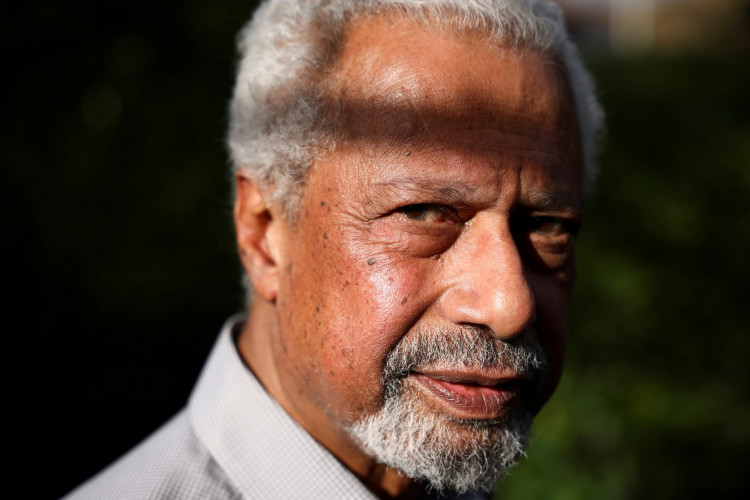Novelist Abdulrazak Gurnah has won the Nobel Prize in Literature for his "uncompromising and compassionate penetration of the effects of colonialism and the fate of the refugee in the gulf between cultures and continents."
Gurna is the first Black writer to win the Nobel Prize since Toni Morrison in 1993, and his selection was viewed by some as a long deserved corrective following years of European and American Nobel laureates.
He is the first African to win the award in over a decade, following Wole Soyinka of Nigeria in 1986, Naguib Mahfouz of Egypt in 1988, and South African winners Nadine Gordimer and John Maxwell Coetzee in 1991 and 2003, respectively. Doris Lessing, a British-Zimbabwean novelist, won in 2007.
Gurnah grew up on one of Zanzibar's islands in Tanzania before fleeing persecution and enrolling as a student in England in the 1960s. He's written 10 novels and a collection of short stories.
Gurnah has frequently tackled the themes of exile, identity, and belonging in his 10 novels. "Memory of Departure," "Pilgrims Way," and "Dottie," all of which deal with the immigrant experience in the United Kingdom; "Paradise," which was shortlisted for the Booker Prize in 1994 and is about a boy in an East African country scarred by colonialism; and "Admiring Silence," which is about a young man who leaves Zanzibar for England, marries, and becomes a teacher.
"Afterlives," his most recent work, examines the generational repercussions of German colonialism in Tanzania, as well as the ways in which it split communities.
Gurnah's novels, from his debut, Memory of Departure, about a failed insurrection, to his most recent, Afterlives,"recoil from stereotypical descriptions and open our gaze to a culturally diversified East Africa unfamiliar to many in other parts of the world," stated Nobel committee head Anders Olsson.
Gurnah's longtime Bloomsbury editor, Alexandra Pringle, said his award was "most deserved" for a writer who had previously gone unnoticed.
The Nobel Prize in Literature has been given out a total of 118 times. Only 16 prizes have gone to women, with seven of those in the twenty-first century. The Swedish academy claimed in 2019 that the award would become less "male-oriented" and "Eurocentric," yet the award's following two winners went to two Europeans, Austrian novelist Peter Handke and Polish writer Olga Tokarczuk.





